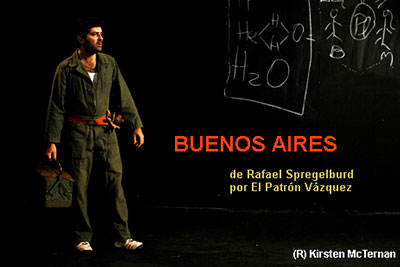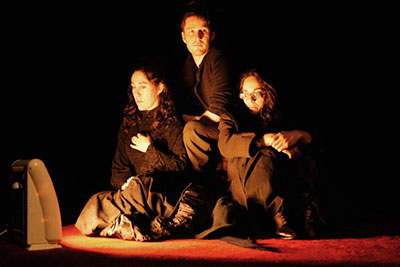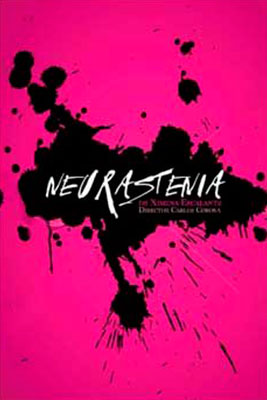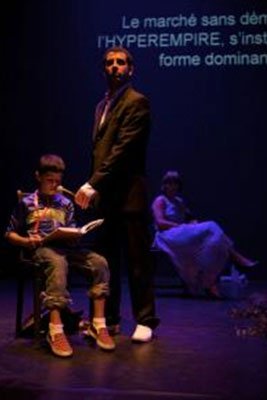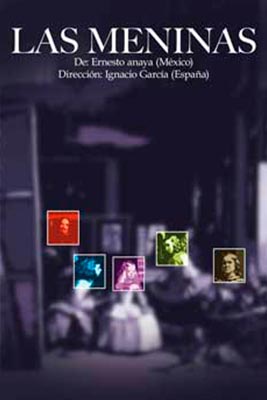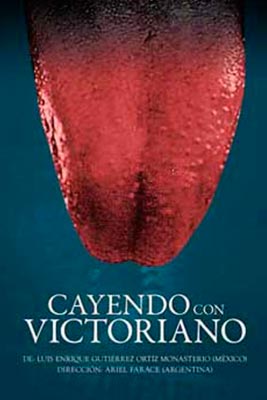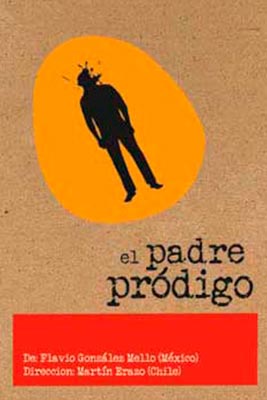
What remains engraved in the structure of a language? Are they simple guttural and nasal complicities … or are there also ideological and sentimental coincidences?
Theoretically, it could be said that the consolidation of a language is the first civilizing agreement of humanity. But in practice, do we agree on something? The historical moment that parallels to the consolidation of modern Spanish (or Castilian), coincides significantly both with the taking of Granada by the Catholic Monarchs and with the discovery of America. It can be said that the publishing of the first Spanish Grammar by Elio Antonio de Nebrija in 1492 marked the birth of our language…. but I have to accept that the word “our” is somewhat unnatural to me…. There is something broken in my concept of “our”… there is something totally irrational that revolts me… and not only me …, there is a rumor of languages that rebel: Nahuatl, Basque, Quechua, Aymara, Catalan, Mapuche, Guarani, Galician, etc …
In practice, Spanish was consolidated as the dominant language of both the peninsula and Latin America. From the beginning of the 16th century to the beginning of the 18th century, in France, Italy and England, grammars and dictionaries were published to learn Spanish since it was the official diplomatic language. But how do we consolidate ourselves?
In our time, after Mandarin, Spanish is still the second most widely spoken language in the world by the number of people who have it as their mother tongue…. If they are our mothers, it is our language. So we inherit Spanish and its dogmas. In Mexico we consolidated ourselves by choosing a single God and thousands of his words. Deep down, we are like children of divorced parents and in both houses we feel a bit lonely…. But we incorporated into the new language the words: hule (rubber), tomate (tomato), cacao (cocoa), aguacate (avocado), petate (mat) and of course chocolate (chocolate), the best of words: “Chocolatl” our most ambitious and delicious conquest of the world.
The Bicentennial DramaFest celebrates our independence from Spain, but paradoxically it also celebrates all of us who write and do theater in Spanish. And as part of the celebration, we want to share with our guests some local phrases and particular concepts:
- A darle que es mole de olla • (Do it because it is mole de olla). To do something without delay as it is worth it.
- Ya te cayó el chauistle. (the chahuistle fell over you) Your destination has already reached you (for the worse).
- Dale una probada de su propio chocolate. (Give him a taste of his own chocolate) For revenge: do the same that he did to you.
- Rata de dos patas. (Two-legged rat) Male human with low intellectual capacity and a high tendency to betray.
- Contigo la milpa es rancho y el atole champurrado (With you the cornfield is a farm and the champurrado is atole) Declaration of love: with you, life seems wonderful and the limits don’t seem heavy.
- El que no tranza no avanza. (He who doesn’t cheat, does not go further). He who is not corrupted doesn’t survive.
- Una cosa es Juan Domínguez y otra cosa es no me chingues. (One thing is Juan Domínguez and another thing is don’t screw with me). Do not abuse of my friendship and the trust that exists between us.
- Jarrito de Tlaquepaque. (Tlaquepaque jar). Extremely fragile person.
- La ley de Herodes: o te chingas o te jodes. (Herod’s law: either you’re fucked or you’re fucked). There is no other option but to abide by the law of the most powerful.
- Amor de lejos es de pendejos. (Love from afar is for assholes). It is not advisable to maintain romantic relationships at a distance.
- Siempre no. (Turns out, no). When a Mexican offers you something and then does not give it to you.
- El que nace pa tamal del cielo le caen las hojas. (Leaves fall from the sky for the one that is born to be a tamale). In the words of the Oracle of Delphos: you are already screwed.
AURORA CANO.
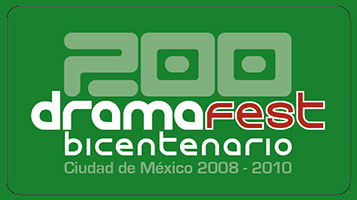
STAGE ONE
IBERO-AMERICAN EXHIBITION OF CONTEMPORARY PLAYWRITING
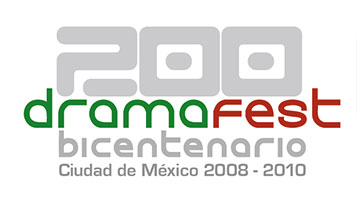
STAGE TWO
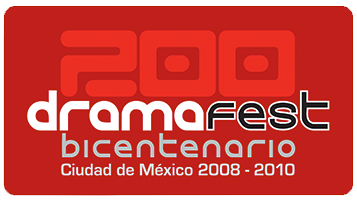
STAGE THREE
CREDITS
Artistic director and general producer: Aurora Cano.
PR and literary assessment: Nicolás Alvarado.
Executive Producer: Patricia Rozitchner.
Program assessment: Lydia Margules.
Technical director: Raúl Munguía.
Tour and sales: Sebastián Sánchez Amunátegui.
Assistant general producer: Blanca Guevara.
Assistant executive producer: Denisse León.
Assistant technical producers: Javier González and Yazmín Maya.
Broadcast and PR: Matrika Comunicación.
Assessment for Chile: Teresina Bueno.
Sponsorship: Patricia Villafuerte.
Graphic designer: Leonor Hernández.
Photography: Floria González.
Costume, make up and image designer: Karina Preciado.
Web master: Marco Polo Ramos Espinosa.
English version of the website: Alfonsina Paredes
Acknowledgements
DramaFest gives special thanks to Fernando Serrano Migallón, Raúl Arenzana Olvera, Susana Phelps, Antonio Crestani, Juan Melía, Claudia Suárez, Xóchitl Pimienta, Sealtiel Alatriste, Graciela de la Torre, Carmen Ruiz, Guillermo Santamarina, Marco Morales, Grisela Iglesias, Liliana Saldaña, Enrique Márquez, José Luis Molina, Jesús Oyamburu, María Dolores Ríos Peset, Gabriel Ceballos, Teresa Turueño, Mariana Aymerich, Germán Guerrero Pavéz, Jaime Alliende, Marco Antonio de la Parra, Mariel Bravo, Marisol Torres, Déborah Holtz, Cristina Boxer, Diana Mogollón, Miryiam Miranda Luna, Carlos Azar, Rabindranath Espinosa, Alonso Escalante, Ana Margules and Lucas Anaya.

